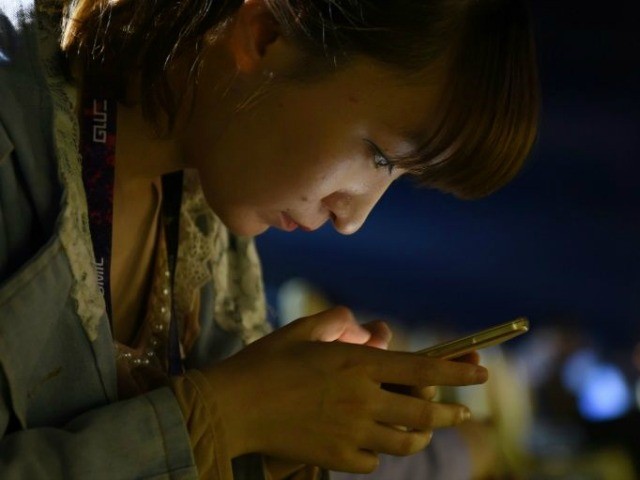Weibo, a Chinese microblogging platform, announced plans on Thursday to publish the IP addresses of all Weibo users both on their individual account pages and whenever they post comments, saying it was part of an effort to prevent “evil”. behavior” online, Reuters reported.
The administrators of Weibo, sometimes referred to as “Chinese Twitter,” announced the new move in Mandarin through the company’s own Weibo account on April 28. Reuters aired translated excerpts from the press release on Thursday, writing: “For users in China, the platform will display the province or municipality they are posting from… For those using Weibo abroad, the country of the IP addresses of Weibo will be displayed. the users”.
Weibo, which has more than 570 million monthly active users, said its new IP address policy was aimed at “reducing bad behavior such as impersonating hot-button parties, malicious misinformation and traffic extraction, and ensuring the authenticity and transparency of the content. disseminated.”
The new measure took effect immediately on April 28 following the publication of the press release on Weibo. Weibo users will not be able to disable the feature. An IP address, or “Internet Protocol address,” serves as an identification number associated with a specific computer or computer network, according to Investopedia.
“An IP address allows information to be sent and received by the right parties, which means it can also be used to track a user’s physical location in some cases,” the website noted.

GREG BAKER/AFP/Getty Images
The ruling Communist Party of China strictly regulates the nation’s highly censored Internet. Beijing has backed a broad campaign to “clean up” the internet in China since 2015, with specific efforts targeting pornography and violent content.
Chinese internet censors shut down more than 13,000 websites and nearly 10 million “accounts” (likely on social media platforms) between the beginning of 2015 and the end of 2017, according to a December 2017 report by Reuters. The news agency cited an original article from Xinhua, China’s official state news agency, as its source.
“Xinhua said that in the past five years, more than 10 million people who refused to register using their real names had their Internet or other telecommunications accounts suspended,” Reuters reported at the time.
“Chinese social media sites that fail to censor critical content face financial penalties as well as temporary service suspensions under current law,” the news agency noted on April 28.
“Weibo, which has received several fines from China’s cyberspace regulator over the past year, frequently posts notices about its efforts to combat misbehavior online, including publishing the names of punished accounts,” Reuters noted on Thursday. .
